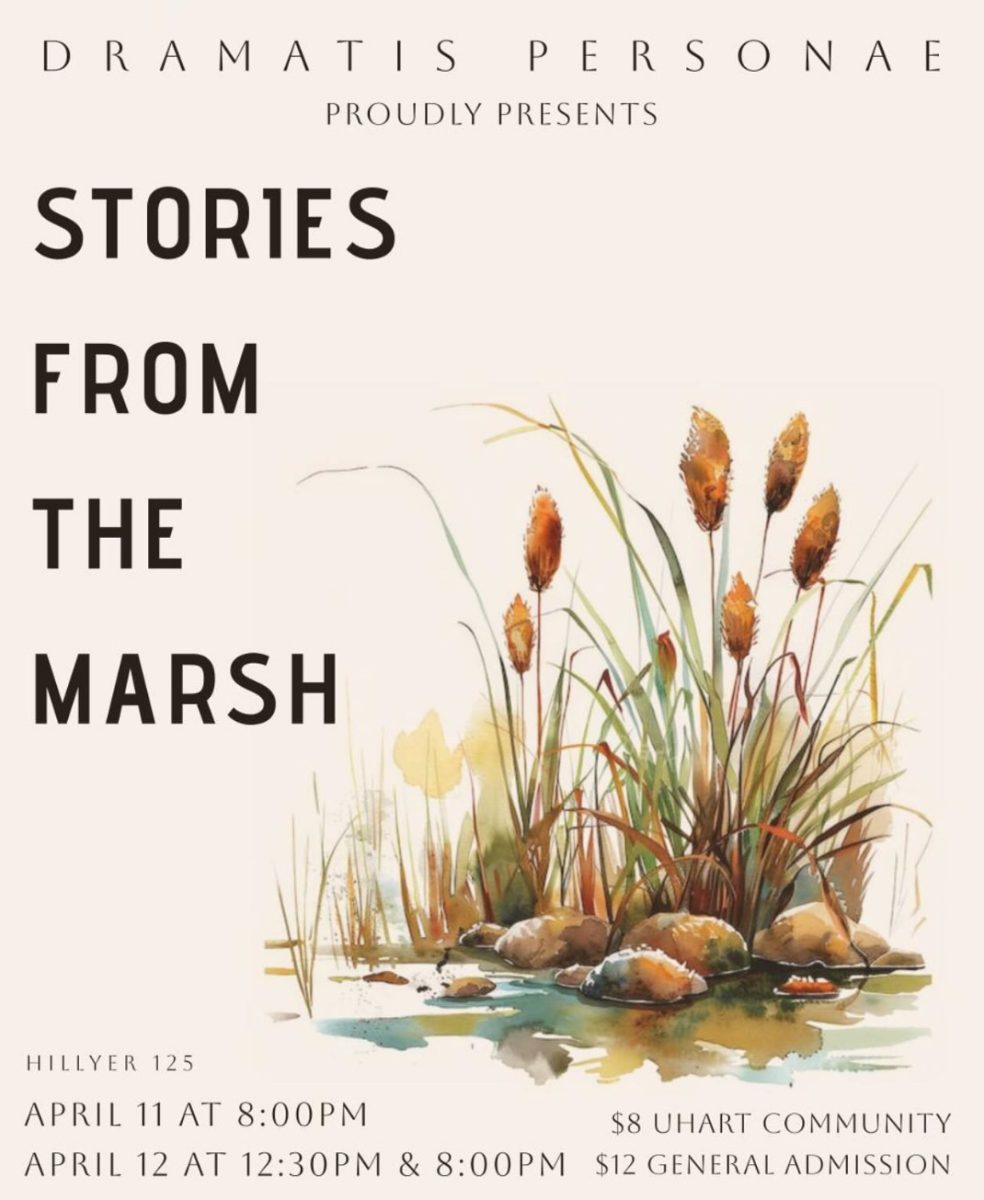Student Submission: My Experience with Racism
October 19, 2022
“Wait, are you going to be okay?” asked Sarah, my journalism partner, “I mean, you’re not going to get deported, right?” Thankfully for Sarah, this exchange didn’t take place on Twitter but in the cold depths of my seventh-grade journalism classroom, referring to Donald J. Trump’s new policies regarding deporting illegal immigrants. When she first said this, I didn’t quite understand why she had said it, but I assumed it was of good intention and went about my day.
After all, I was born in America, so I felt like I was the same as everyone else. I watched football, celebrated the 4th of July, and went to the same school as everyone else. Later in the day, I asked my father why Sarah had asked that question. He just laughed and told me not to worry about it.
However, my curiosity had to be quenched. I proceeded to do some research into why Sarah had said what she had. What I discovered was something that made me feel perplexed and distraught. After reading several articles, the newly elected President Donald J. Trump recently condemned illegal immigrants from Mexico.
Since I am an American-born citizen, I thought this didn’t pertain to me until I saw the similarities in skin color and facial complexion. At that moment, I realized that I would be grouped into one category of people. It didn’t matter that I was born in the U.S. or was Indian, not Mexican. What I thought mattered to others was what I looked like. It was one of the most disturbing things I had ever read about, clouding my mind with fear. How could I explain myself if this is what people thought of me?
I thought about saying how I tan easily or have a spray tan. I considered not telling people my last name so they would think I was white. I just wanted to be considered equal and treated with respect, and at the time, it seemed appropriate to let go of my culture for this. I felt as though I couldn’t even listen to my culture’s music due to my fear of being outed and judged for it. I didn’t talk about what I had for dinner because they were primarily Indian dishes I thought others would use to ostracize me.
Comments like “Where is your Turban?” plagued my high school years. Other disparaging comments about being Indian tended to be very underhanded and cheeky. For example, Indians are often associated with phone scams because most call centers worldwide are based in India. Due to the quantity of these call centers, there are some bad apples in the industry that pretend they’re with large tech firms like Microsoft and Google. As a result, we Indians tend to be tormented for these scams we take no part in. The most common insult is when a jerk mimics an Indian accent saying, “I am Yash Singh from Microsoft.”
However, when I was in my senior year of High School, we started talking about civil rights, and we had to research a leader that contributed or is contributing to civil rights. Since I am a big football fan, my mind instantly went to Colin Kaepernick, and I began researching what he has done for Black Lives Matter, a modern civil rights movement. From there, I read about stories of him struggling in high school with his color and culture; He would describe how he would
combat the people who were very much against his culture, which would be to be even more expressive of it. When I read about this, I was shocked that someone could do that and have it work. I realized that I could do that, too, because if it worked for Colin, it should work for me.
I don’t play professional football, and I have no stage. How could I make any kind of statement that anyone would notice? I realized that the only thing I could change was how I presented myself and my culture. I decided to take a more direct approach when confronting my problems. I believe that if you do something, you have to commit to it fully. Decisiveness is critical in moments like these, and I had decided that it was time to make an extreme change in my life.
I started playing music by famous Indian singers like Kumar Sanu and Parvati Khan. I also introduced people to Indian cuisine like chicken 65 or biryani–it’s not really genuine Indian cuisine, but it’s a start. I was me, and being more expressive as time progressed. This behavior encouraged my peers to embrace my culture more, and they also made a lot fewer racist comments about my culture.
The narrative has shifted to comparing my culture and food to the normalities of Western culture, which makes me feel way more comfortable. I feel as though my peers were more accepting of me as a person, which makes me happy.
I believe that these events inspired me to be the person I am today, and while there was some suffering in the short term, I feel more confident in being expressive of my own culture instead of trying to hide it.
Yash Singh is a first-year Hillyer College student. He wrote this essay as an assignment for Prof Mary Fister’s English Composition and Literature class.










Maria Johnson • Oct 19, 2022 at 11:30 am
Bravo, Yash!